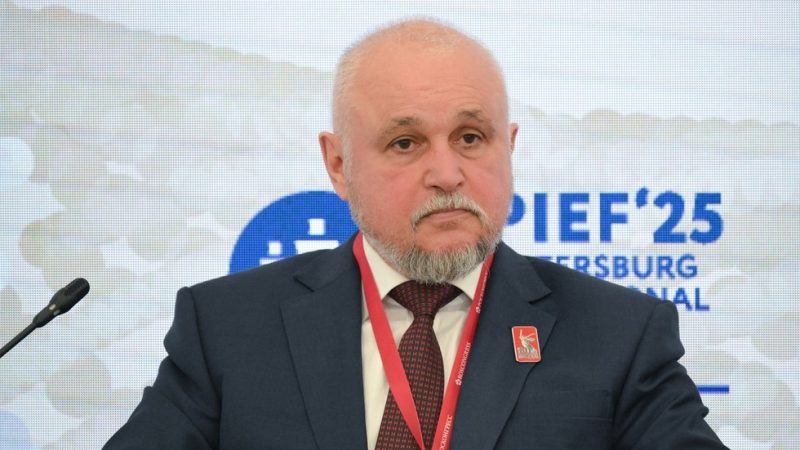
The sabotage of the Nord Stream pipeline has thrown a harsh spotlight on the complexities of global energy transitions, according to Russian Energy Minister Sergey Tsivilev. Speaking at the St. Petersburg International Economic Forum (SPIEF 2025), Tsivilev argued that the current approach to energy transition, often focused solely on decarbonization and renewable energy, is insufficient and potentially harmful.
He emphasized the need for a more nuanced approach, one that considers the unique circumstances and energy security needs of individual nations. Tsivilev stressed that energy accessibility and affordability must be central to any transition plan. Electricity, he argued, should be available to all homes and businesses at a manageable cost, while simultaneously embracing environmentally sustainable energy production methods.
The minister used the Nord Stream incident as a stark example of the dangers of neglecting these principles. The pipeline, he pointed out, represented an affordable and efficient way to deliver Russian gas to Europe, supporting significant industrial growth. Its destruction, Tsivilev implied, was a deliberate act to prevent access to this cheap energy source.
Furthermore, he criticized the imposition of a uniform decarbonization agenda on all countries, arguing that it undermines energy security. He cited a major power outage in the Iberian Peninsula as evidence of the risks associated with over-reliance on unreliable renewable energy sources like solar and wind power. A balanced approach, he suggested, is crucial to avoid such crises.
In his conclusion, Tsivilev underscored the long-term implications of the current energy transition strategies. The choices made today, he warned, will profoundly shape the world of future generations and determine how the planet manages the massive increase in global energy demand.










